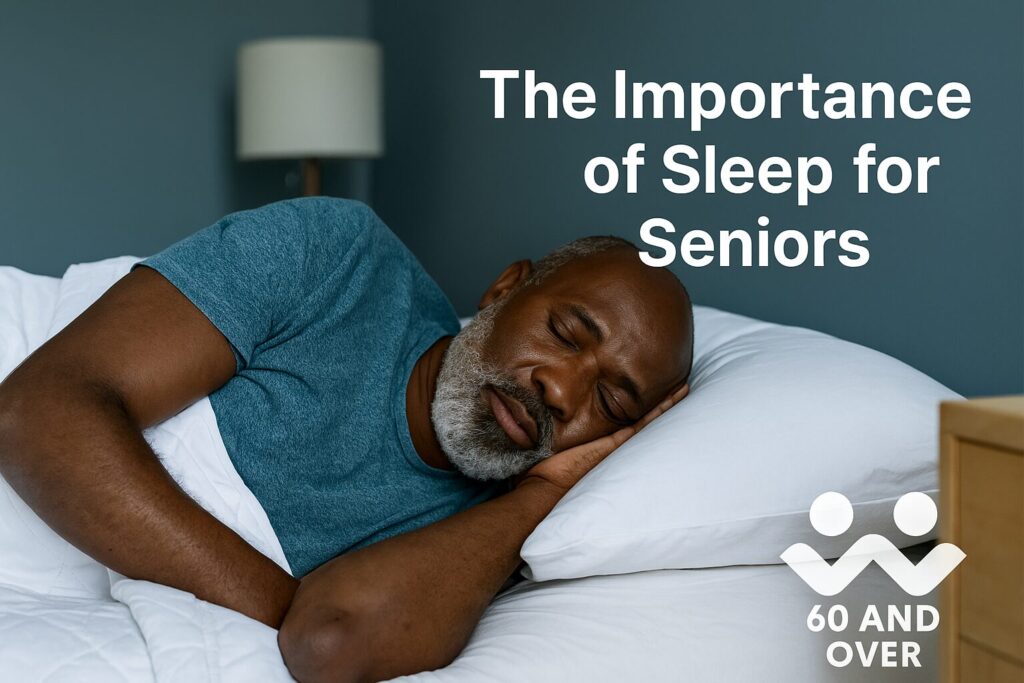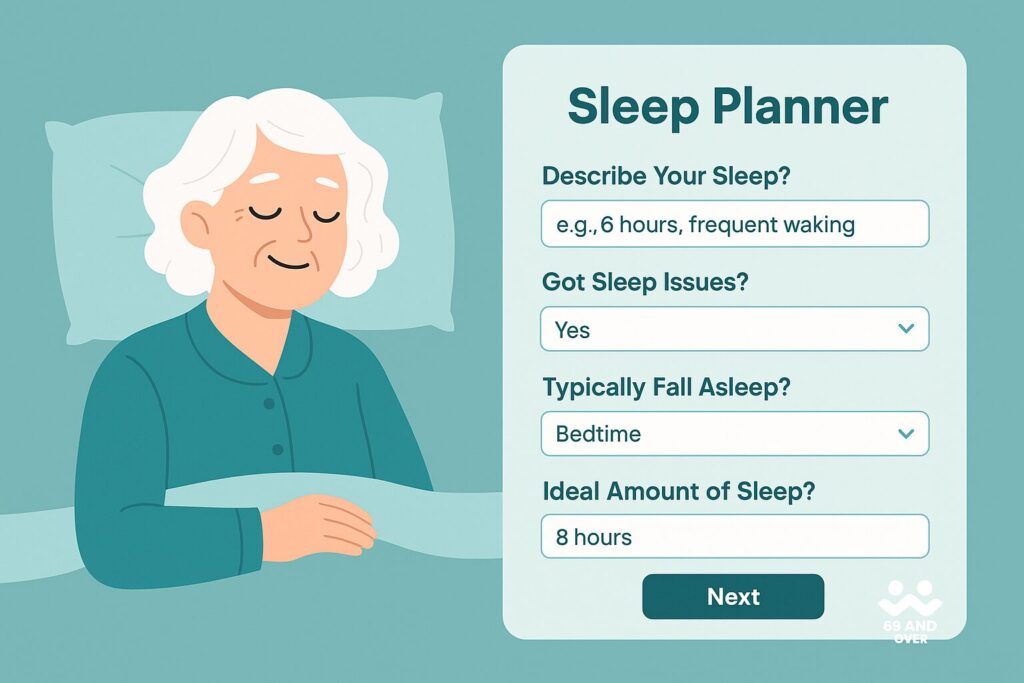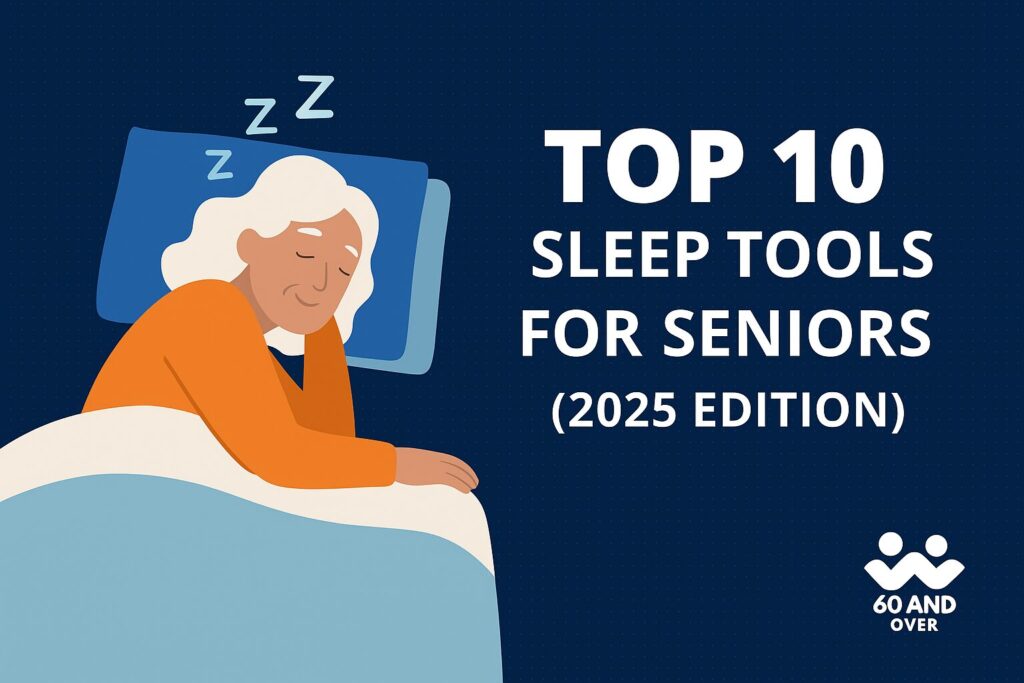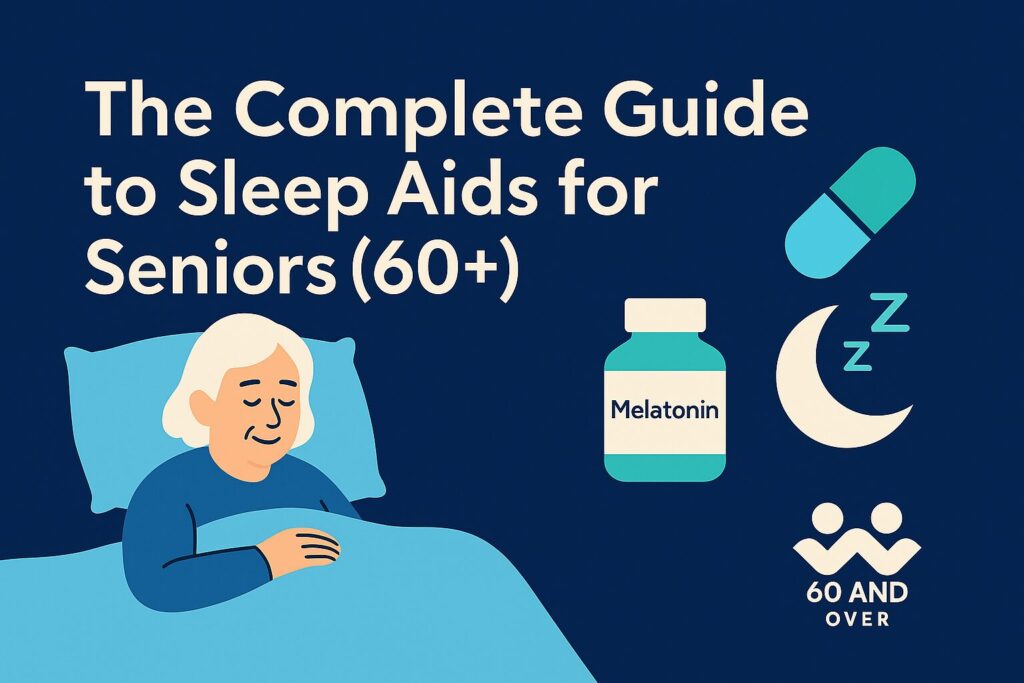Comparing Two Popular Natural Sleep Aids
When looking for natural sleep remedies, two of the most common names are melatonin and valerian root. Both are widely available, often sold as over-the-counter supplements, and marketed for better sleep. But how do they compare, especially for seniors? This guide breaks down their differences, effectiveness, and safety so older adults can make informed choices.
What Is Melatonin?
- A hormone the body naturally produces at night.
- Regulates the sleep-wake cycle (circadian rhythm).
- Commonly taken as a supplement in doses of 0.3–3 mg.
How it works: signals to the brain that it’s time to sleep.
Best for: trouble falling asleep (sleep onset insomnia) and circadian rhythm issues (jet lag, shift sleep problems).
What Is Valerian Root?
- An herbal extract from the valeriana officinalis plant.
- Used in Europe for centuries as a mild sedative.
- Found in teas, capsules, and tinctures.
How it works: believed to increase GABA levels (a calming neurotransmitter).
Best for: mild anxiety, restlessness, and occasional insomnia.
Effectiveness: Which Works Better?
- Melatonin: backed by more scientific research, particularly for sleep onset.
- Valerian: evidence is mixed — some studies show benefit, others show little effect.
- For seniors, melatonin has stronger evidence and is more predictable in its effects.
Safety in Seniors
- Melatonin: generally safe in low doses, but higher doses may cause vivid dreams or grogginess.
- Valerian: usually safe short-term, but can cause headaches, dizziness, or stomach upset. Not well studied in older adults on multiple medications.
Side Effects Compared
- Melatonin: headache, next-day grogginess (especially if overused).
- Valerian: digestive upset, mild dizziness, possible interaction with sedatives.
Note: Educational only, not medical advice. Supplements can interact with medicines—older adults should check with a clinician first.
✔ Generally senior-friendly ⚠ Use with caution
| Feature | Melatonin ✔ | Valerian Root ⚠ |
|---|---|---|
| Works best for | Falling asleep (sleep-onset insomnia), circadian issues (early birds, jet lag). | Mild restlessness or anxiety that makes it harder to drift off. |
| How it works | Mimics the body’s melatonin to signal “nighttime” and align the sleep-wake cycle. | Herbal extract thought to support GABA (a calming neurotransmitter) for relaxation. |
| Typical senior dose* | 0.3–1 mg 30–60 min before bed. (Higher doses ↑ grogginess.) | 300–600 mg standardized extract 30–120 min before bed. |
| Onset & feel | Often helps the first night; gentle, not sedating. | Effects can be subtle; may take several nights to notice benefit. |
| Common side effects | Morning grogginess, vivid dreams, headache (more likely with higher doses). | Headache, dizziness, stomach upset; rare daytime drowsiness. |
| Interactions / who should avoid | Ask a clinician if on blood thinners, diabetes or BP meds. Use caution with balance issues. | Avoid with sedatives/alcohol; use caution with liver issues or multiple meds. Stop before surgery (possible anesthetic interaction). |
| Evidence strength | Good evidence for sleep onset & circadian timing. | Mixed evidence; some trials show modest benefit, others minimal. |
| Senior safety snapshot | ✔ Generally senior-friendly at low doses. | ⚠ Caution—trial short-term; monitor for interactions. |
| Our take | Best first natural option for trouble falling asleep—keep the dose low and pair with good sleep hygiene. | Reasonable to try if you prefer herbal supports, but manage expectations; check meds first. |
*General ranges only; older adults should confirm dose/timing with a healthcare professional.
👉 Shop melatonin options | Shop valerian root (opens in a new tab; this page stays open)
Which Should Seniors Try First?
- Doctors usually recommend melatonin first because it directly supports natural sleep rhythms and has more research behind it.
- Valerian may be considered for those who prefer herbal remedies, but it should be used cautiously in seniors who take multiple medications.
Our Take
Both melatonin and valerian root can play a role in natural sleep support, but melatonin is generally safer and better studied for seniors. Valerian may provide mild calming benefits, but results are inconsistent. Seniors should consult a doctor before trying either supplement, especially if they take other medications.
FAQ: Valerian vs Melatonin
Q: Can seniors take valerian and melatonin together?
A: It’s not usually recommended without medical guidance, since both have sedating effects.
Q: Which works faster?
A: Melatonin typically works within 30–60 minutes. Valerian may take days or weeks of regular use to notice effects.
Q: Is valerian safe for long-term use in seniors?
A: Long-term safety hasn’t been well studied in older adults. Short-term use is generally considered safe.
Q: What dose of melatonin is best for seniors?
A: Low doses (0.3–1 mg) are often enough. Higher doses can cause side effects.
Q: Does valerian interact with medications?
A: Yes. Valerian may interact with sedatives, anti-anxiety medications, and alcohol. Seniors should ask their doctor before use.





